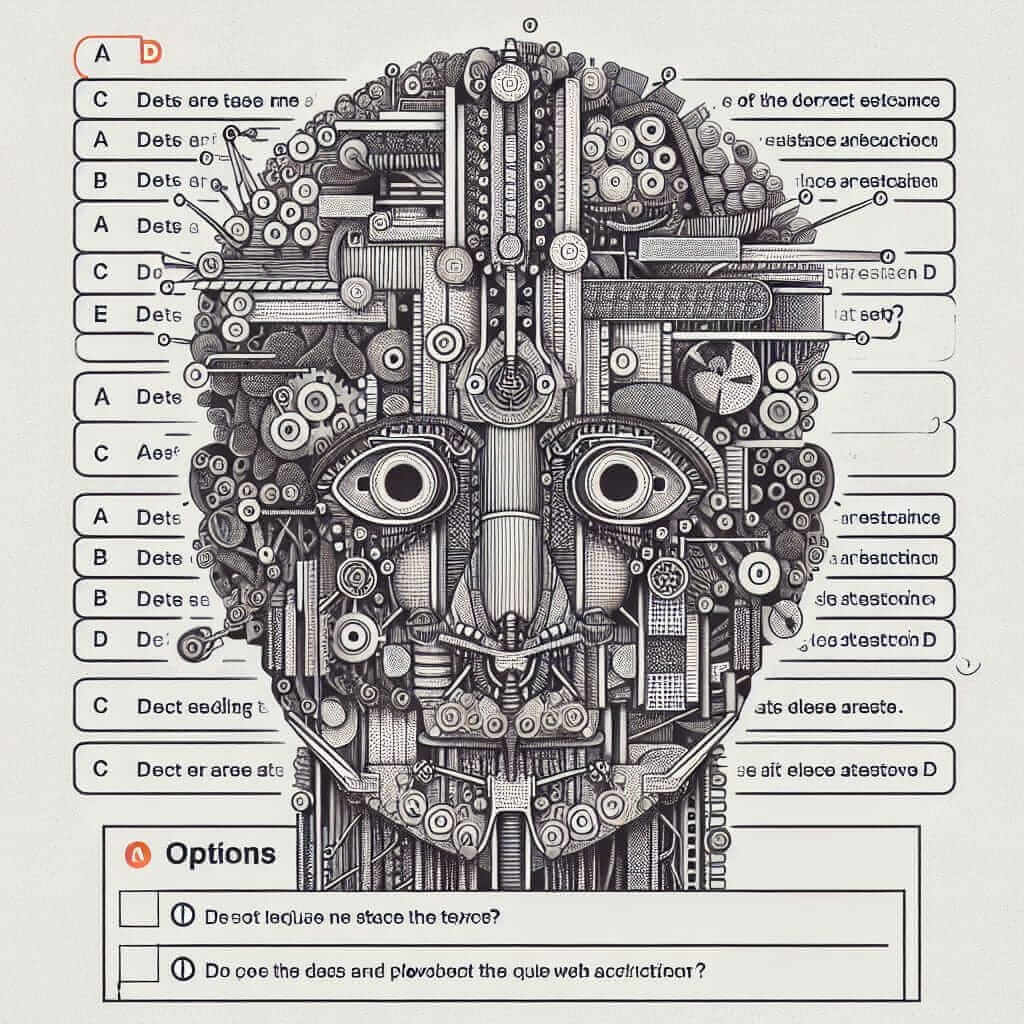As an IELTS instructor with over two decades of experience, I often encounter students who are unsure about which IELTS test to take: Academic or General Training. Choosing the correct test is crucial, as it impacts your application and preparation strategy. This comprehensive guide will explore the key differences between the two tests, helping you confidently determine the right path for your IELTS journey.
Understanding the Purpose of Each Test
Before diving into the specifics, let’s clarify the fundamental purpose of each test:
IELTS Academic
Designed for individuals aiming to pursue undergraduate or postgraduate studies in an English-speaking country. It assesses your English language proficiency to cope with the academic demands of university life.
IELTS General Training
Intended for those planning to migrate to an English-speaking country (e.g., Australia, Canada, UK) or apply for training programs, work experience, or secondary education. It focuses on everyday English language skills required for social and workplace contexts.
Key Differences Between IELTS Academic and General Training
While both tests evaluate your listening, reading, writing, and speaking abilities, the content and task types differ significantly. Here’s a detailed breakdown:
1. Reading Section
| Feature | IELTS Academic | IELTS General Training |
|---|---|---|
| Passage Types | Academic texts from books, journals, magazines, and newspapers | Extracts from advertisements, notices, company handbooks, and general interest articles |
| Number of Texts | 3 long passages | 3 sections with a mix of long and short texts |
| Question Types | Multiple choice, identifying information, matching headings, summary completion, diagram labeling | Multiple choice, identifying information, matching headings, sentence completion, short-answer questions |
Example: An Academic reading passage might discuss the history of artificial intelligence, while a General Training passage could focus on understanding a job advertisement.

2. Writing Section
| Feature | IELTS Academic | IELTS General Training |
|---|---|---|
| Task 1 | Describing, summarizing, or explaining visual information (graphs, charts, diagrams, processes) in at least 150 words | Writing a letter (formal, semi-formal, or informal) in at least 150 words based on a given situation |
| Task 2 | Writing an essay (at least 250 words) expressing an opinion or argument on a given topic | Writing an essay (at least 250 words) expressing an opinion or argument on a given topic |
Example: In Task 1, Academic candidates might analyze a graph depicting global population growth, while General Training candidates might write a letter to a landlord requesting repairs.
3. Listening and Speaking Sections
Both the Listening and Speaking sections are identical for IELTS Academic and General Training. However, the context of the topics might slightly differ. For instance, the Listening section might include a conversation about student life in the Academic test and a discussion about workplace procedures in the General Training test.
Choosing the Right Test: Which IELTS is Right for Me?
Consider these questions to determine the most suitable test:
- What is your primary reason for taking the IELTS? (e.g., university admission, immigration, work visa)
- What are the specific English language requirements of the institution or organization you are applying to?
- Do you need to demonstrate academic English skills or general English proficiency for everyday situations?
Consulting the official IELTS website and contacting the relevant institutions directly is highly recommended to confirm their specific IELTS requirements.
Tips for Success in Both IELTS Tests
Regardless of which test you choose, these tips will enhance your preparation:
- Familiarize yourself with the test format and question types.
- Practice regularly using authentic IELTS materials and sample tests.
- Improve your vocabulary and grammar skills, focusing on the specific language requirements of your chosen test.
- Develop effective time management strategies for each section.
- Consider seeking guidance from an experienced IELTS instructor for personalized feedback and strategies.
Remember, thorough preparation is key to achieving your desired IELTS score. By understanding the differences between the Academic and General Training tests, you can confidently choose the right path and embark on your IELTS journey with a clear roadmap to success.